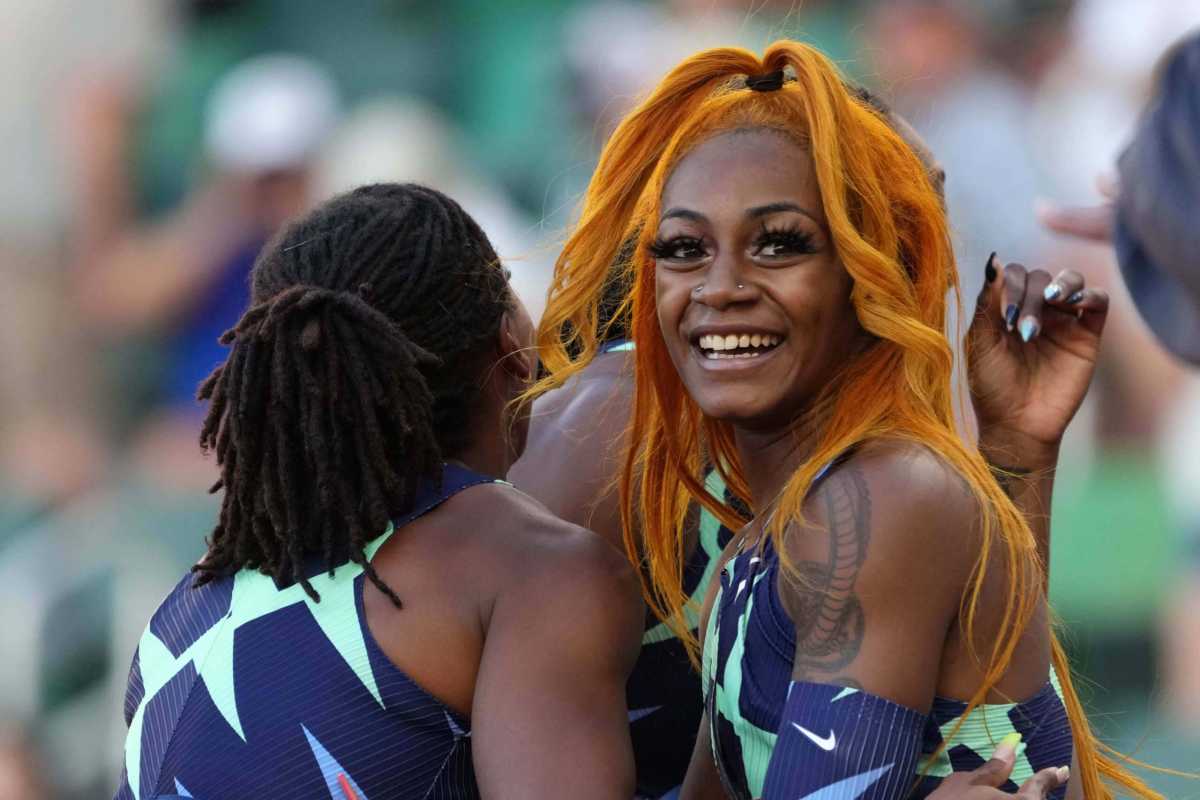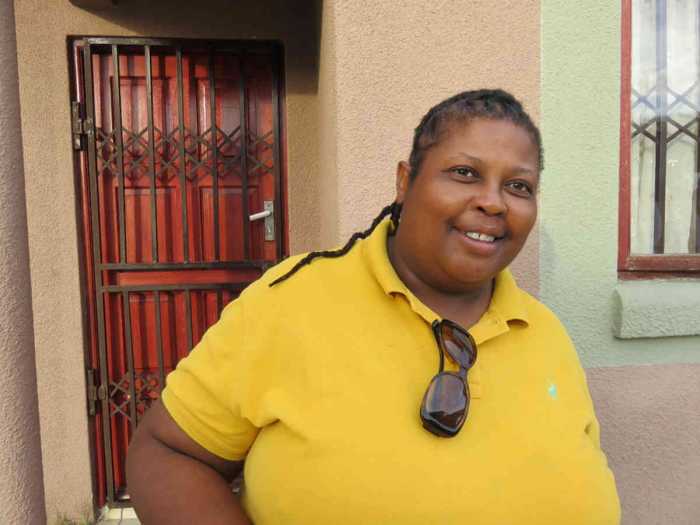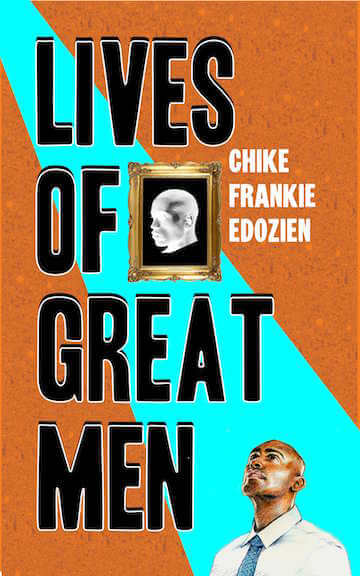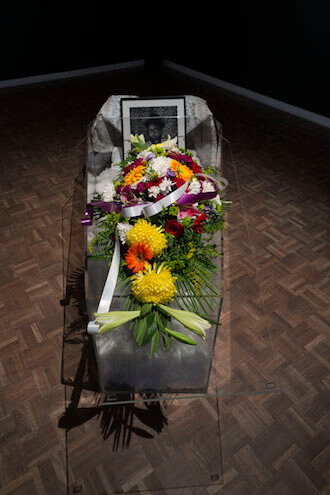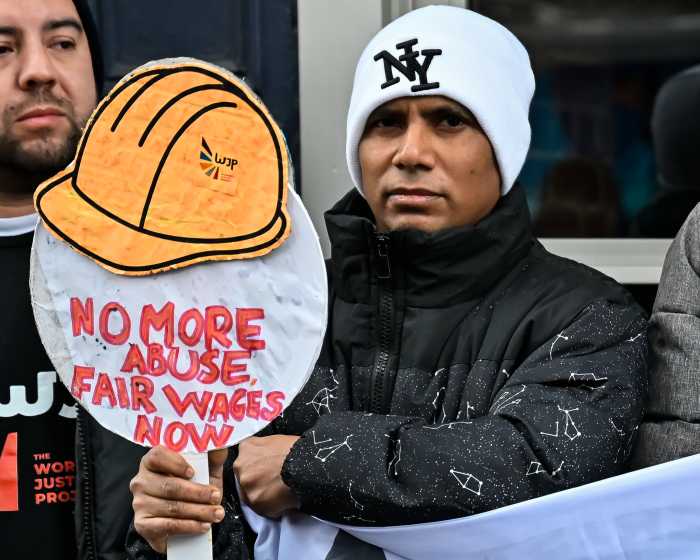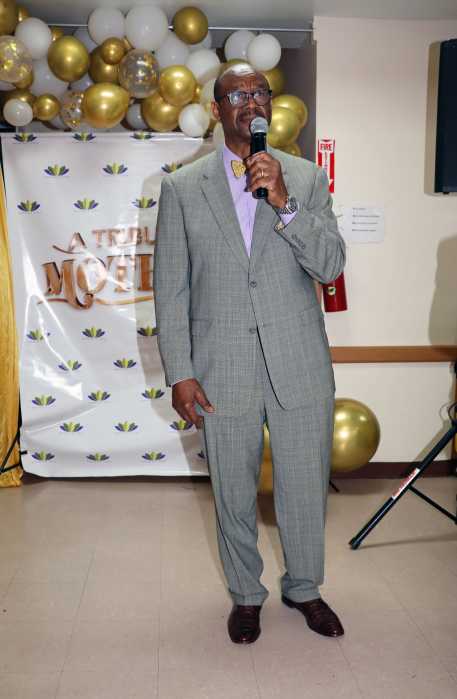Within a span of one day, several Black women aiming to compete at the Tokyo Olympics this summer suffered a series of devastating setbacks.
Out queer sprinter Sha’Carri Richardson’s Olympic-qualifying performance in the 100m trials last month have been forfeited because of a positive marijuana test, two Namibian athletes were banned from the Olympics due to testosterone rules, and out lesbian South African two-time gold medalist Caster Semenya — who has spent years facing racist regulatory hurdles — did not qualify for the Olympics.
Richardson, who initially booked a trip to Tokyo with a jaw-dropping performance in the 100m qualifier on June 19, was suspended for 30 days as a result of the positive test, according to the US Anti-Doping Agency. The suspension fueled anger among sports fans who have pointed to the growing number of states legalizing marijuana — including Oregon, where she won her qualifying race — and the relaxation of anti-marijuana policies across major American sports leagues.
In response to test result, Richardson — who finished with an eye-popping time of 10.86 seconds during the trial — said she was “trying to hide my pain” after learning about her mother’s death through a reporter.
“I was just thinking it would be a normal interview and then on the interview to hear that information come from a complete stranger, it was definitely triggering,” Richardson said, according to ESPN. “It was nerve shocking because it’s like who are you to tell me that? From there [I was] just blinded by emotions, blinded by bad news, blinded by just hiding hurt, honestly for the fact that I can’t hide myself…”
Richardson accepted the suspension effective June 28, though she has a potential window of opportunity to participate in the upcoming 4×100 meter relay competition if she is selected by the USA Track & Field team.
The punishment handed down to Richardson coincided with the suspensions of two Olympic athletes from Namibia, Christine Mboma and Beatrice Masilingo, who were barred from the 400 meter because of their testosterone levels. Namibia’s National Olympic Committee and Commonwealth Games Association (NNOC-CGA) announced the two athletes received medical tests finding that they had “natural high testosterone level.”
“It is important to understand that both our athletes were not aware of this condition neither did any family member, their coach, or the NNOC-CGA were aware of it,” the NNOC-CGA said in a written statement.
The same kinds of restrictions have impacted Semenya, who has waged a years-long battle with Olympic regulators after she was targeted with invasive sex testing and discriminatory physical regulations due to naturally elevated levels of testosterone. Semenya took World Athletics to court following the implementation of testosterone requirements in the specific competitions she has participated in — including the 800-meter races, which she won during the 2012 and 2016 Olympics. Semenya has refused to cater to the regulatory demands insisting that she lower her testosterone to compete.
After losing her court fight to defend her title at this year’s Tokyo Olympics, Semenya unsuccessfully sought to qualify for the 5,000 meter competition after finishing in fourth place and missing a qualifying deadline last month.

